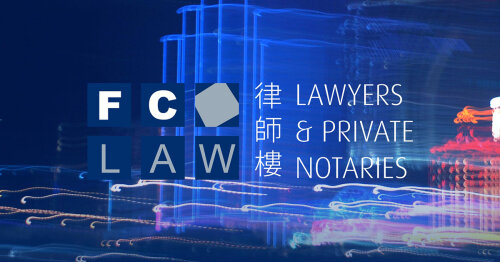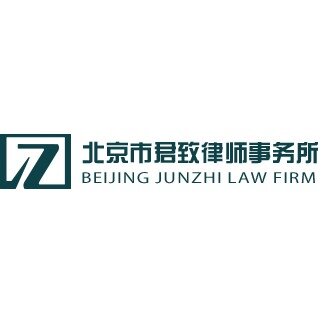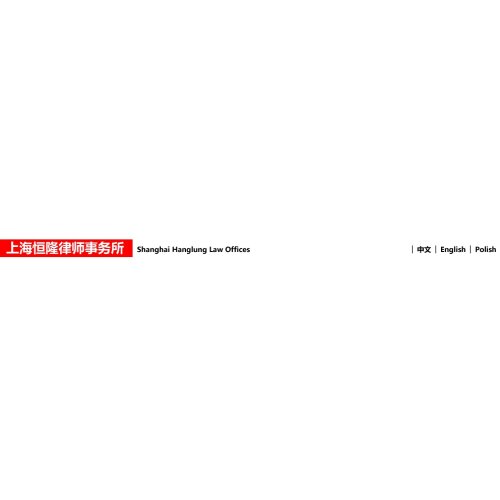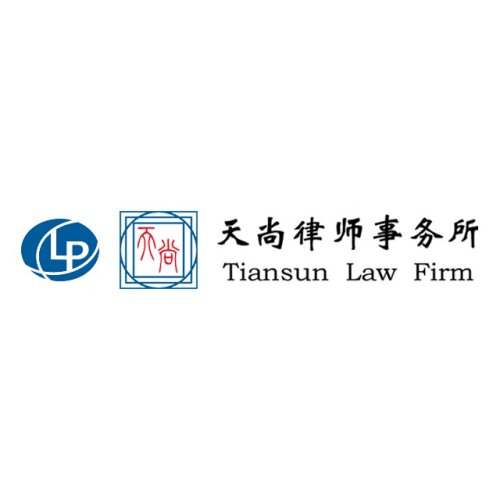Best Corporate Governance Lawyers in China
Share your needs with us, get contacted by law firms.
Free. Takes 2 min.
Or refine your search by selecting a city:
List of the best lawyers in China
About Corporate Governance Law in China
Corporate governance in China refers to the system of rules, practices, and processes used to direct and manage companies in the country. It aims to balance the interests of various stakeholders, such as shareholders, management, customers, suppliers, financiers, government, and the community. Over the past decades, China has steadily improved its corporate governance framework in an effort to enhance transparency, accountability, risk control, and the protection of investor interests. Corporate governance laws in China are shaped by the Company Law of the People's Republic of China, regulations by the China Securities Regulatory Commission (CSRC), and guidelines for both state-owned and private enterprises.
Why You May Need a Lawyer
Understanding and navigating corporate governance in China can be challenging, especially for foreign investors, entrepreneurs, and executives. You may require legal help for multiple reasons, including:
- Establishing a company and structuring its board of directors in accordance with the law
- Drafting or reviewing articles of association, shareholder agreements, or internal governance policies
- Understanding your obligations as a director, supervisor, or senior manager
- Ensuring compliance with mandatory disclosure requirements and internal controls
- Resolving disputes among shareholders or between shareholders and management
- Providing advice during mergers, acquisitions, joint ventures, or restructuring
- Responding to or reporting suspected corruption, fraud, or breaches of fiduciary duty
- Navigating CSRC investigations or regulatory proceedings
- Advising on rights and redress if minority shareholder interests are violated
- Preparation for public listing or capital raising activities
A lawyer experienced in Chinese corporate governance can help prevent costly errors and ensure that your business operates within the legal framework.
Local Laws Overview
Key provisions and requirements for corporate governance in China stem from multiple sources, with the Company Law of the People's Republic of China being the primary legislation. Here are some notable aspects:
- Corporate Structure: Private companies follow a model involving a shareholders' meeting, a board of directors or executive director, and a board of supervisors. Listed companies require a board of directors, independent directors, a board of supervisors, and committees for auditing and remuneration.
- Roles and Responsibilities: The law defines the duties of directors, supervisors, and managers, emphasizing fiduciary duties, loyalty, and due diligence. Directors are expected to avoid conflicts of interest and prevent harm to the company.
- Shareholder Rights: Laws guarantee shareholder access to significant company information, voting rights, and the right to participate in major decisions. Minority shareholders have mechanisms for protection against majority abuse.
- Internal Controls: Listed companies must implement internal control procedures covering financial reporting, compliance, and risk management as regulated by the CSRC.
- Disclosure and Transparency: Companies, especially those listed on stock exchanges, are subject to rigorous disclosure and transparency obligations, including regular reporting.
- Regulatory Oversight: The CSRC and local industrial and commerce bureaus enforce corporate governance regulations, investigate breaches, and impose sanctions.
Frequently Asked Questions
What is the main law governing corporate governance in China?
The Company Law of the People's Republic of China is the primary law covering corporate governance for all companies, both domestic and foreign-invested. Listed companies are also subject to specific regulations by the China Securities Regulatory Commission.
Do all companies in China need a board of directors?
A board of directors is generally required, but smaller limited liability companies may opt for a single executive director instead, as permitted by law.
What are the responsibilities of company directors and supervisors?
Directors and supervisors are required to act in the best interests of the company, performing their duties with loyalty and due care. They must avoid conflicts of interest and ensure compliance with the law and the company's articles of association.
How are shareholders protected in China?
Chinese law provides various protections for shareholders, including rights to inspect company documents, vote on key matters, participate in profit distribution, and initiate derivative lawsuits against directors or supervisors who harm the company.
What governance practices are mandatory for listed companies?
Listed companies must establish independent directors, audit and remuneration committees, and adhere to strict internal control and disclosure requirements as set by the CSRC and stock exchanges.
How are internal controls regulated?
Listed companies are required to develop and maintain internal controls covering financial, operational, and compliance risks. The CSRC provides guidelines for the design and assessment of these controls.
What are the penalties for violating corporate governance rules?
Penalties can include fines, suspension or revocation of business licenses, market bans for directors, and even criminal prosecution in severe cases such as fraud or embezzlement.
Can foreign investors serve as directors in Chinese companies?
Yes, foreign nationals can be appointed as directors or supervisors, provided they meet the requirements set by Chinese law and the company's articles of association.
What should I do if there is a conflict between shareholders?
Conflicts between shareholders should first be resolved internally or through mediation. If necessary, Chinese law allows for legal actions, including court or arbitration proceedings, depending on the circumstances and contractual agreements.
Is it necessary to update governance documents when laws change?
Yes, companies should review and, if needed, update their articles of association and governance policies to remain compliant with new laws, regulations, or industry guidelines.
Additional Resources
If you are seeking more information or professional guidance regarding corporate governance in China, the following resources may be helpful:
- China Securities Regulatory Commission (CSRC): The primary regulator for listed companies and securities markets
- State Administration for Market Regulation (SAMR): Oversees registration and regulation of companies
- China Association for Public Companies (CAPCO): Offers practical guidance for listed companies
- All China Lawyers Association: Directory of qualified attorneys specializing in corporate law
- Local Commerce Bureaus: Provide company-related information and services at the city or provincial level
- Legal publications such as guides from major law firms, academic research, and business associations
Next Steps
If you require legal assistance with corporate governance in China, consider the following steps:
- Document your primary issues and gather relevant company materials and governance documents
- Search for a qualified lawyer or law firm experienced in Chinese corporate governance, preferably one with experience in your specific industry
- Schedule a consultation to discuss your situation in detail and clarify your legal objectives
- Prepare questions concerning your rights, company obligations, and potential risks
- Follow your lawyer’s recommendations for compliance, dispute resolution, or document preparation
- Stay informed about changes in local laws and regulations to ensure continued compliance
By working proactively with legal professionals, you can help protect your business interests, reduce risks, and ensure effective governance in accordance with Chinese law.
Lawzana helps you find the best lawyers and law firms in China through a curated and pre-screened list of qualified legal professionals. Our platform offers rankings and detailed profiles of attorneys and law firms, allowing you to compare based on practice areas, including Corporate Governance, experience, and client feedback.
Each profile includes a description of the firm's areas of practice, client reviews, team members and partners, year of establishment, spoken languages, office locations, contact information, social media presence, and any published articles or resources. Most firms on our platform speak English and are experienced in both local and international legal matters.
Get a quote from top-rated law firms in China — quickly, securely, and without unnecessary hassle.
Disclaimer:
The information provided on this page is for general informational purposes only and does not constitute legal advice. While we strive to ensure the accuracy and relevance of the content, legal information may change over time, and interpretations of the law can vary. You should always consult with a qualified legal professional for advice specific to your situation.
We disclaim all liability for actions taken or not taken based on the content of this page. If you believe any information is incorrect or outdated, please contact us, and we will review and update it where appropriate.
Browse corporate governance law firms by city in China
Refine your search by selecting a city.













